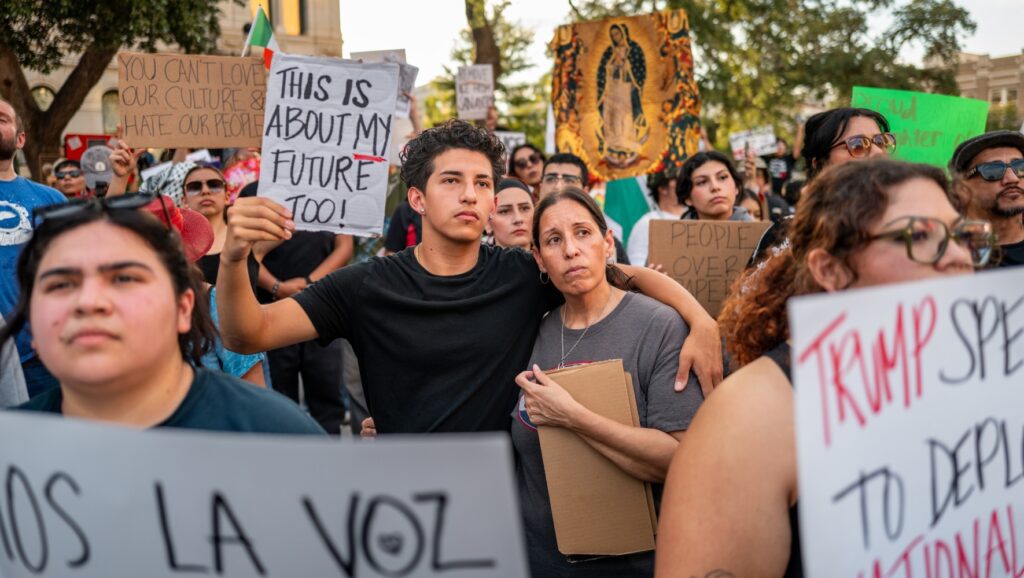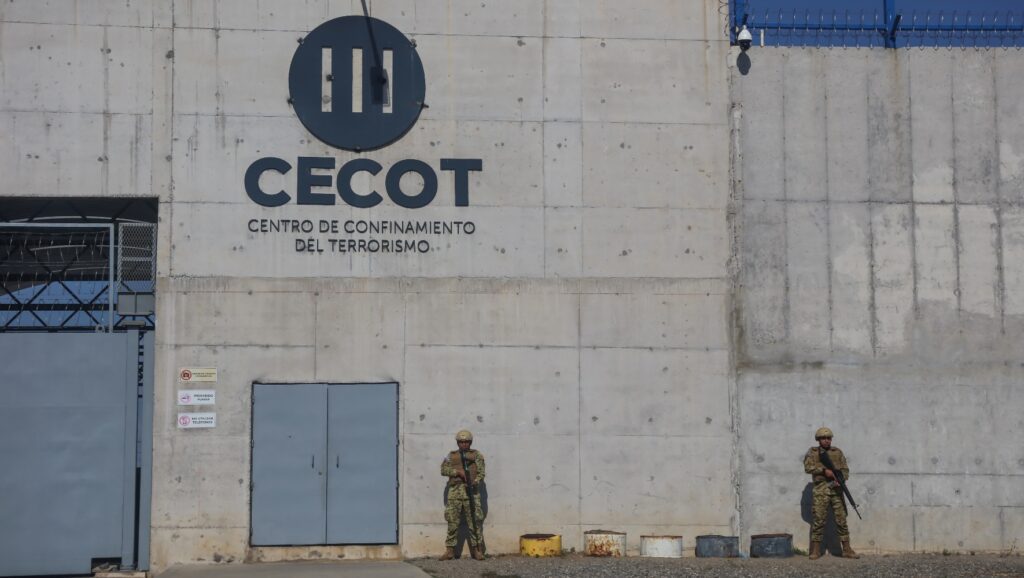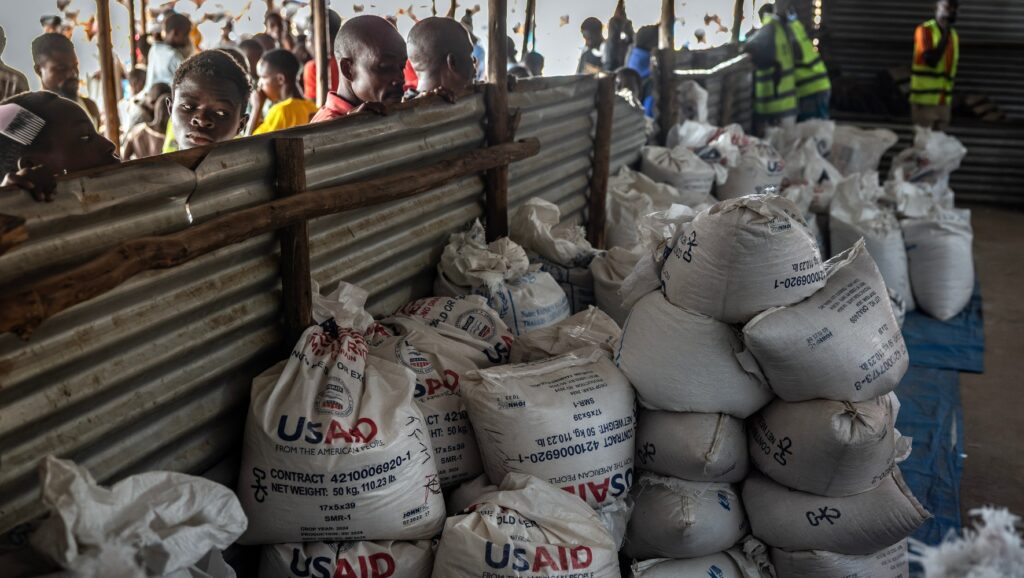On May 12, the Trump administration announced that it would end Temporary Protected Status (TPS) for over 11,000 individuals from Afghanistan who reside, work, and raise families in the United States. These individuals are part of the roughly 200,000 Afghans who came to the U.S. after the fall of Kabul in August 2021. Although many of the 11,000 TPS holders applied for asylum and other forms of permanent relief to remain in the country, those who have not will be at imminent risk of removal back to Afghanistan, where widespread violence and a dire humanitarian crisis continue. Absent court intervention, the termination of TPS will take effect on July 14.
The decision to end TPS for Afghans is based on misleading, disingenuous justifications and may have appalling humanitarian consequences. Below, we explain the situation in greater detail.
What is TPS? Why was it granted to Afghans?
Created in 1990, TPS is a temporary immigration status granted to eligible nationals of designated countries. The program provides a lifeline to individuals who cannot safely return to their home countries due to ongoing armed conflict, environmental disasters, or other extraordinary and temporary conditions. TPS protects individuals from deportation and allows them to live and work in the United States while their home countries recover from crises.
In May 2022, Afghanistan was initially designated for TPS in recognition of the significant risk of harm to civilians following the return of the Taliban to power in 2021. The designation was based on the Taliban’s inability and unwillingness “to meet the country’s numerous challenges including the current security situation, economic collapse, a crumbling healthcare system, severe food insecurity, and respect for human rights.”
Why is ending TPS for Afghans unjustified?
Unfortunately, the situation in Afghanistan remains very dangerous. The United Nations High Commissioner for Refugees (UNHCR) reports there are over 9 million refugees and internally displaced people (IDPs) in the country, more than 20% of the total population.
Despite clear evidence of recurrent violence and humanitarian need, the administration points to unconvincing and misleading information to justify its termination of TPS – including the Taliban’s promotion of tourism, the decrease in threats of terrorism against the Taliban, and a reduction of food insecurity from 65% to 53% of the population. Without evidence, the administration also alleges that TPS holders from Afghanistan in the United States are a threat to national security and public safety.
The United Nations High Commissioner for Refugees (UNHCR) reports there are over 9 million refugees and internally displaced people (IDPs) in Afghanistan, more than 20% of the total population.
What are the possible consequences of this decision?
This decision will place the well-being and safety of thousands of TPS holders at risk of detention and deportation to Afghanistan, where many may be targeted by the Taliban due to their gender, Hazara ethnicity, or previous support of the U.S. mission. HIAS calls on our communities and elected officials to take a firm stand against the administration’s actions and reaffirm our moral and legal imperative to welcome individuals seeking safety.
I’m an Afghan with TPS. What can I do?
Afghans with Temporary Protected Status are strongly encouraged to consult an immigration attorney as soon as possible. To find one in your area, visit National Immigration Legal Services Directory — Immigration Advocates Network.


